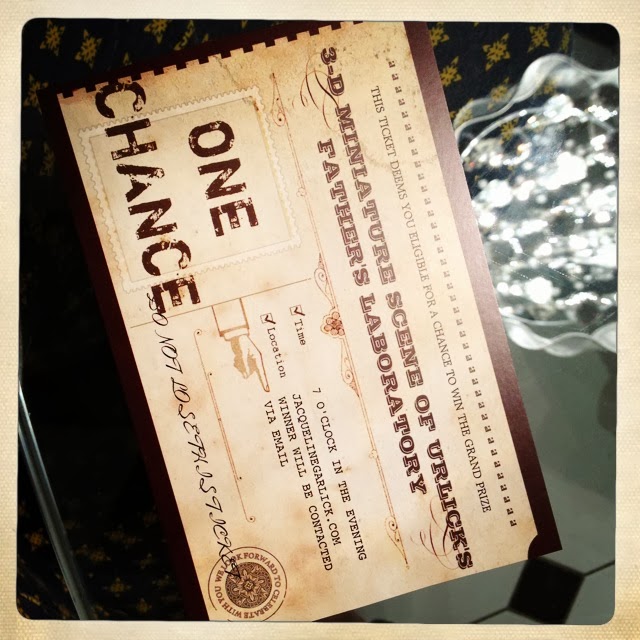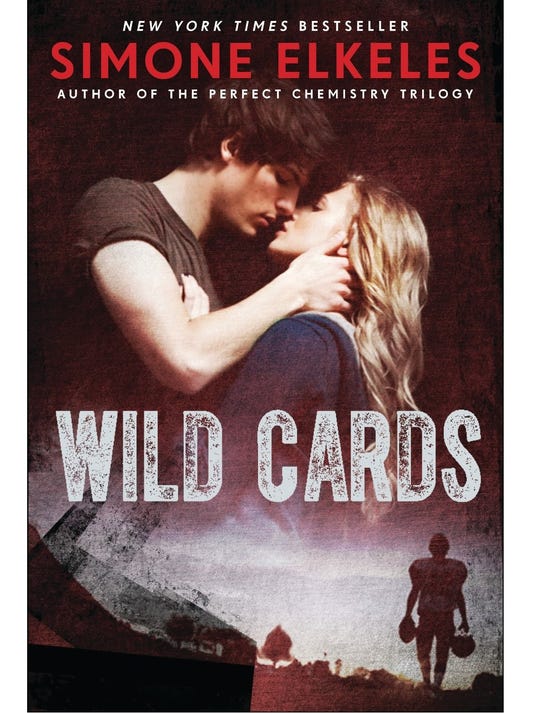Unfortunately her post was removed after it went viral because it included proprietary contract information. I won't share the numbers she posted for that reason, but I will share the broader message and open it up for discussion:
don't write just for the money.
Here are a few things to take into consideration when doing the math and planning for your writing future.
1) You have to pay back your advance before you start receiving royalties.
An advance is NOT a bonus. It is exactly as the name states: an advance on future earnings. Many authors will not sell past their advances, meaning they will never receive royalties for their books. And for those who do sell past their advances, it can be a long time before they start to see those royalties hit their bank because it takes time for books to gain momentum. Net: what you receive upfront may be the only money you see for a while, or ever.
2) Advances are becoming smaller and rarer.
Publisher's Marketplace announces advances using the following terminology:
"nice deal" = $1 - $49,000
"very nice deal" = $50,000 - $99,000
"good deal" = $100,000 - $250, 000
"Significant deal" = $251,000 - $499,000
"Major deal" = $500,000 and up
Skim through the announcements, and you'll see that most debut authors fall into the "nice deal" range. But you'll notice that some don't have anything next to them, because the author didn't receive an advance. And if you do some Googling, you'll start to see that $4,000 - $15,000 is a realistic range for a debut author signing with a larger house. For smaller houses, advances are typically smaller, if they exist at all.
Yes, some authors get nice sums of money up front when a publishing house wants to make a bet that a book will be a big hit (especially if they're bidding against other houses). But most of the large deals are not tied to debut authors. And there seems to be a consistent message from the publishing industry as a whole that the industry is moving away from them, at least to some degree.
3) Royalties rates range, but don't expect a high take home percentage.
This is where things get sticky and proprietary to publishers, so truth be told I'm intentionally not posting the figures. If you quickly Google, you can get a decent sense of the averages.
Royalty percentages vary depending on whether your book is sold in print, ebook, or hardback. You will earn a smaller percent on physical book forms because the publisher is absorbing higher costs (and thus higher risks). Ebooks, therefore, typically pay higher royalty rates, although note that because something like a hardcover book has a higher retail price tag, your absolute earning per book may be similar because the percent is taken from a larger base.
In short, only a small portion of each book sale will go into your pocket. This means you need to sell a lot of books to really start raking in the dough. And in an increasingly fragmented market, selling a million books is no easy feat.
4) Don't forget that agents share 15%.
Agents work hard to get you a great deal, and their average reward is 15% of your advance and all subsequent royalties. Most people would argue they earn it in spades by getting you that great deal, but it's an important piece of the earning puzzle that should be accounted for - whatever you bring in automatically gets a 15% haircut if you're repped.
5) So how much does a "successful" author make?
According to my research, an average mid-list author will make an income in the mid-five digits ($50,000-65,000). But it will take time to get there, because success doesn't happen overnight. And the reality is that many of us won't actually get to that place (see point #1.)
There are other factors that can influence your overall earning potential as well, like your proliferation as an author. If you're releasing a book a year and are reasonably successful, then your earning potential increases. If you release a new book every two years, you'll likely see the number go down.
Yes, some authors rake in the money. They get huge advances, sell millions of books, and close movie deals. But they are the exceptions, not the rule. I'd go so far as to say they represent < 1% of the writing community. It's a fact that we all should recognize when making choices about our writing careers.
So maybe I won't quit my day job anytime soon, but I still consider myself a success.
I started writing because I had a story to tell. Whether or not I sell a million books or a hundred books shouldn't cloud my view of accomplishment. I said I'd write a novel, and I did. I said I wanted a publishing deal, and I got one. I said I wanted to see my book in print, and it will hit store shelves next January. For those reasons, I'm calling my writing journey a success, and I will do my best to keep that in focus regardless of the size of my royalty checks. I'll also keep writing because it's something I love to do.
And here's the honest thing: even though I've done the math, am very aware of the financial realities and consider myself a pragmatic person, there is still a little part of me that thinks I could possibly maybe someday be one of the exceptions. It's the same part of me that buys the occasional lottery ticket, won't walk under a ladder, and eats black eyed peas on New Years Day.
Because there's always a chance.
Happy writing, and may you all sell a million books!











 Looking to shiney up your query? Check out the
Looking to shiney up your query? Check out the 






